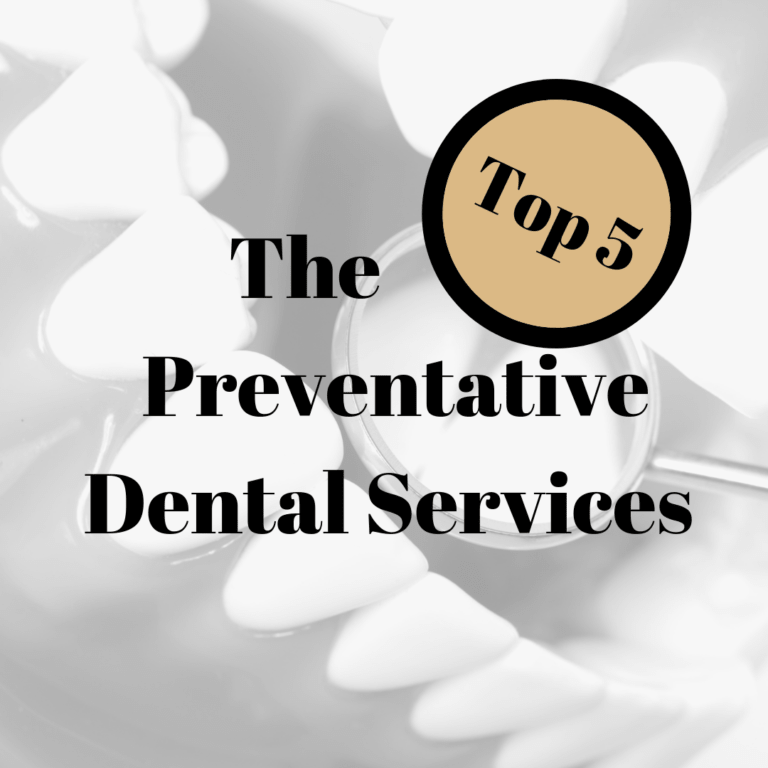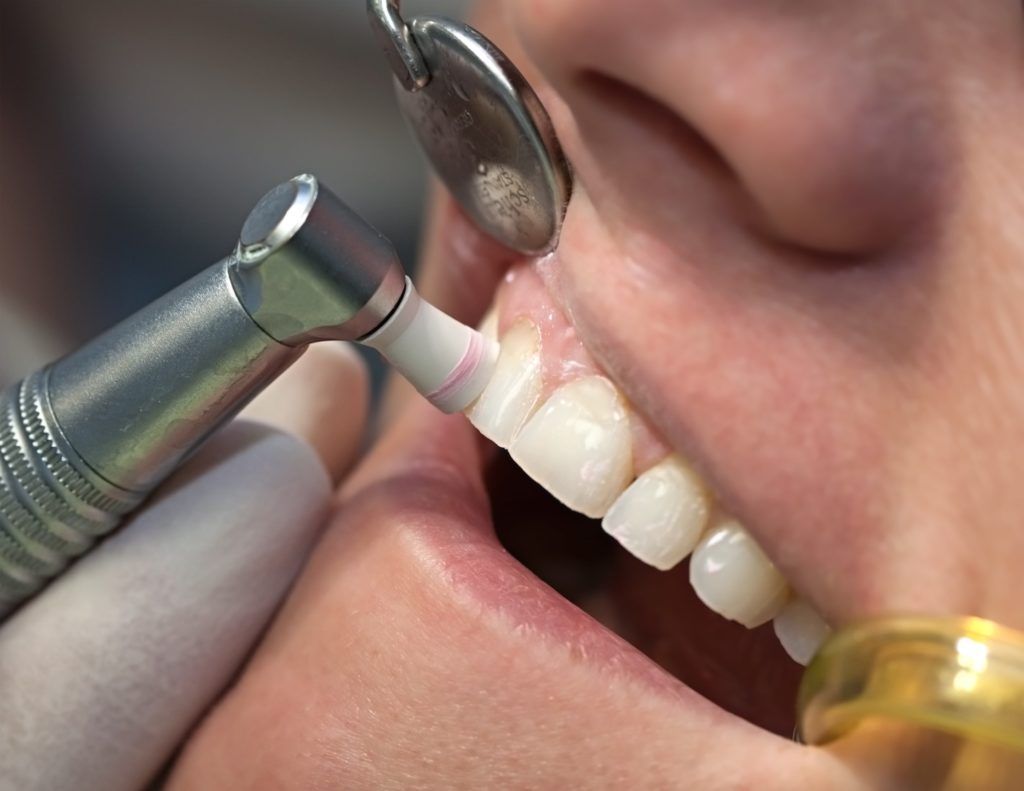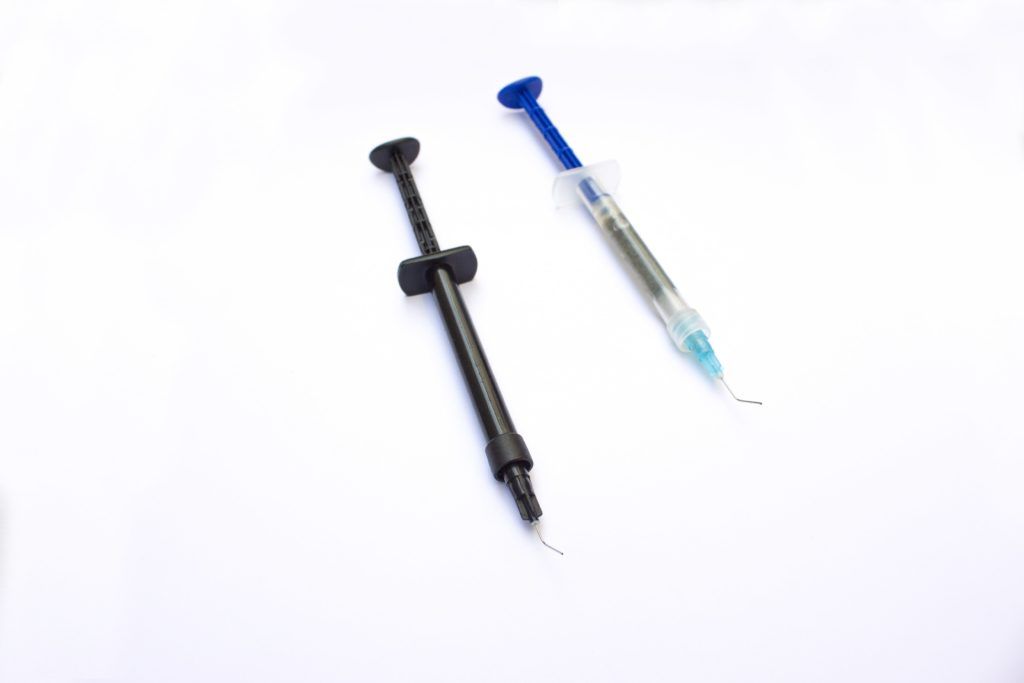The Top 5 Preventative Dental Services

Did you know that the field of general dentistry is largely concerned with preventative care? Preventative dental care is any activity that aims to maintain good oral health by preventing cavities, gum disease, or enamel wear.
Preventative care minimizes your risk of developing serious dental issues that may require restorative care such as fillings or root canals. Being diligent about preventative care can save your money, time, and, most importantly, your teeth.
While some preventative care, such as daily brushing and flossing, can be completed in the comfort of your own home, other preventative methods require you to visit a dentist office. In order to maximize your preventative care routine, I have compiled a list of the top preventative dental services. Let’s take a look.

Dental Consultation
A dental consultation is a detailed conversation about your current oral health. Most consultations start with discussing your medical history, current medications, and any dental concerns you may be having. Then, your dentist will perform an examination of your teeth, gums, and bite. Your teeth will be inspected for signs of sensitivity, tooth decay, or improper alignment. Your gum pockets will be measured and your gum tissue will be evaluated for signs of gum disease. Finally, your bite will be looked at to ensure everything is properly aligned and functioning well. The American Dental Association recommends that you have a dental consultation at least once every six months. This allows your dentist to regularly monitor your oral health and catch potential issues before they can advance. For more information about what happens at your dental appointment, see our blog on “10 Things You Didn’t Know Your Dentist Was Doing at Your Checkup”.

Professional Teeth Cleanings

Another part of your semi-annual dental appointment is a professional teeth cleaning. During a professional teeth cleaning, a dental hygienist will use a special tool to scrape the plaque and tartar off the surface of your teeth. This is important because excess plaque buildup is one of the main causes of both tooth decay and gum disease. Unfortunately, even if you are diligent about brushing and flossing everyday, there are still places you are probably missing. Professional teeth cleaning ensures that those hard to reach places are clean as well. For more information about why clean teeth are so important, see our blog on “Understanding How Cavities Affect Your Oral Health”.

Dental X-Rays
Dental x-rays are an important tool used to diagnose possible dental issues, such as cavities between teeth or impacted wisdom teeth. They will also likely be performed during your semi-annual dental visit. There are two kinds of x-rays that may be performed: intraoral and extraoral. Intraoral x-rays are those that focus on the structures inside your mouth, such as your teeth and gums. This is the most common type of dental x-ray. Extraoral x-rays are used to evaluate structures outside of the mouth, for example your jaw. Dental x-rays only take a few minutes to complete and only use a very tiny amount of radiation.

Dental Sealants

Dental sealants are an ultra-thin layer of composite that is brushed over the chewing surfaces of the teeth. It is then hardened in place, effectively “sealing” out the bacteria that can cause cavities. This is a popular preventative treatment used for children, however it can also be used for adults who have trouble brushing towards the back of their mouth.

Fluoride Treatments
Fluoride has been known to strengthen tooth enamel, making it harder for tooth decay to develop. After a professional teeth cleaning, the teeth are usually polished with fluoride. Additionally, most drinking water sources contain fluoride. Finally, your toothpaste and mouth rinse also contain fluoride.
Practicing preventative dental care will keep your smile glowing for a long time. These top preventative dental services should be an important part of your semi-annual dental routine to maintain your dental health. For more information, contact our office.

Dr. John Batlle attended the UF College of Dentistry where he received his Doctor of Dental Medicine degree in 1983. After graduating, he worked for the State of Florida and received his commission in the Navy Reserve Dental Corps. He was deployed to Guantanamo Bay, Cuba in 2002 where he served as the dentist for Detainee Operations and Navy Hospital GTMO. He recently retired from the U.S. Navy Reserve after 26 years of service.

